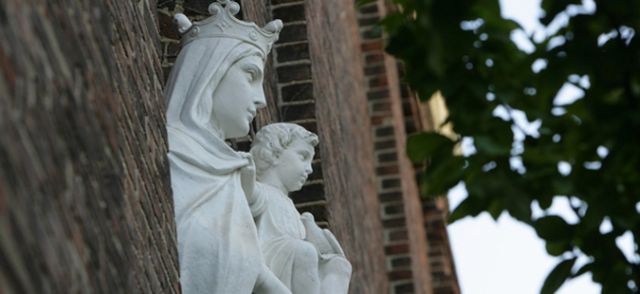
Religious Studies Faculty Publications
Document Type
Article
Publication Date
Fall 1995
Publication Source
Horizons
Abstract
Dorothy Day has received a great deal of attention from contemporary scholars of U.S. Catholicism. This article makes a unique contribution to this growing literature by offering a close reading of Dorothy Day's autobiography, The Long Loneliness. The purpose is to highlight the narrative's integrity as a sustained argument in defense of Christian faith transformed by wrestling with the Marxist charge: religion is the opiate of the people. Day deserves credit for a daring approach to Catholic apologetics in the 1950s. The article presents the narrative as a dialectic between the personal and the political, the material and the spiritual, and the natural and the supernatural that resolves itself in a creative synthesis through the Catholic Worker Movement. Day embraces Marxist aspirations and acknowledges their criticism's truth in defending the authenticity of her Catholic commitment. Day simultaneously demonstrates that the Incarnation's reality informs traditional Catholicism with its radical political character.
Inclusive pages
198-213
ISBN/ISSN
0360-9669
Document Version
Published Version
Copyright
Copyright © 1995, Cambridge University Press.
Publisher
Cambridge University Press
Volume
22
Issue
2
eCommons Citation
Mize, Sandra Yocum, "Dorothy Day Apologia for Faith After Marx" (1995). Religious Studies Faculty Publications. 40.
https://ecommons.udayton.edu/rel_fac_pub/40


